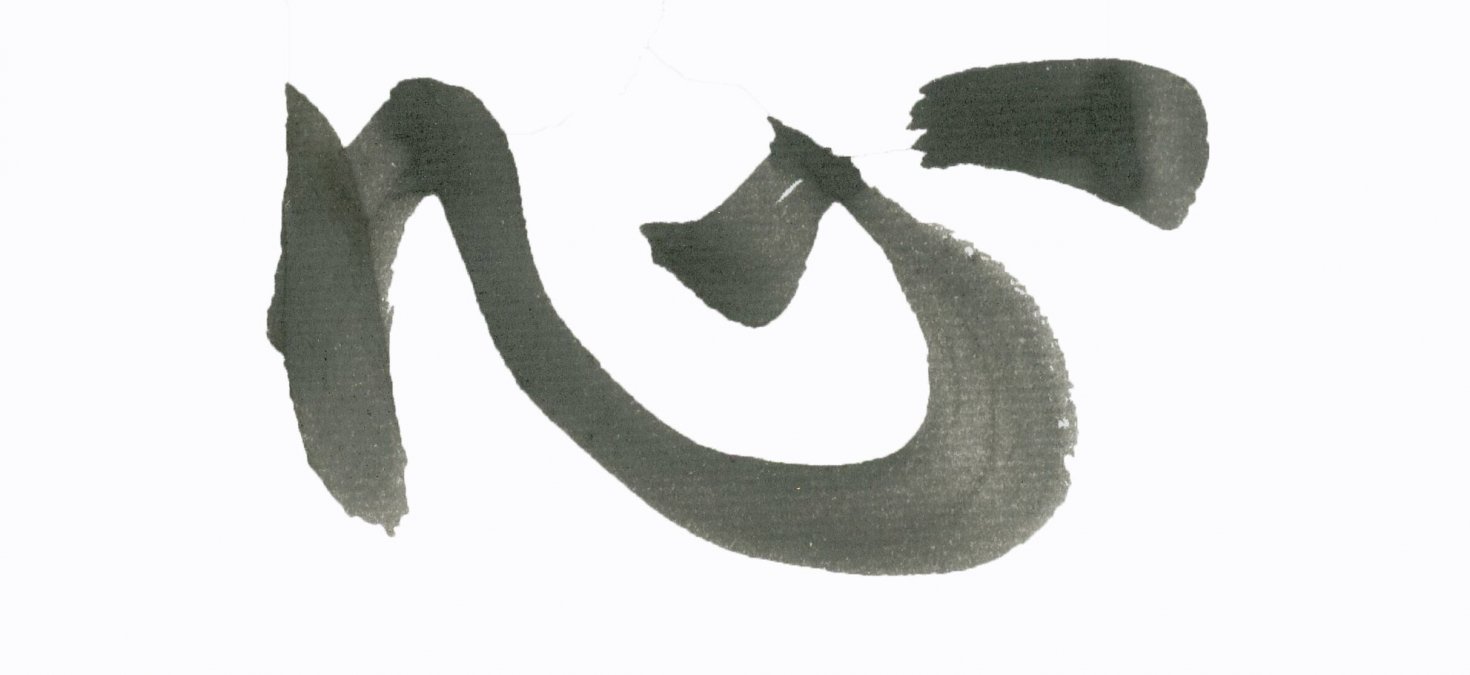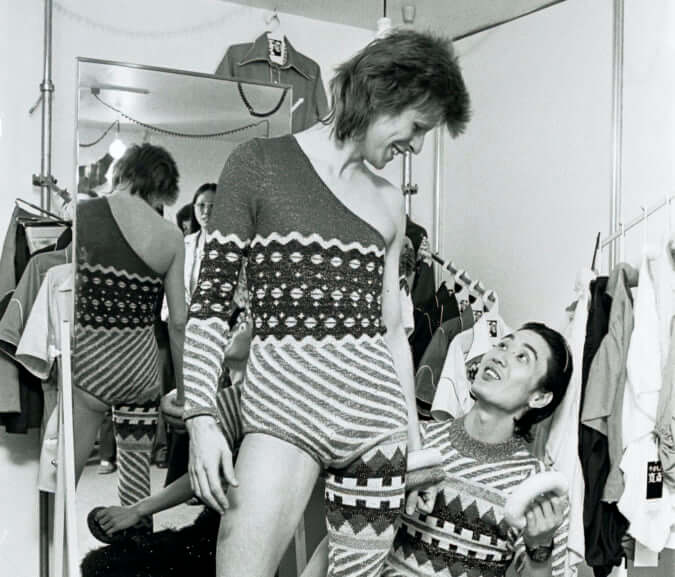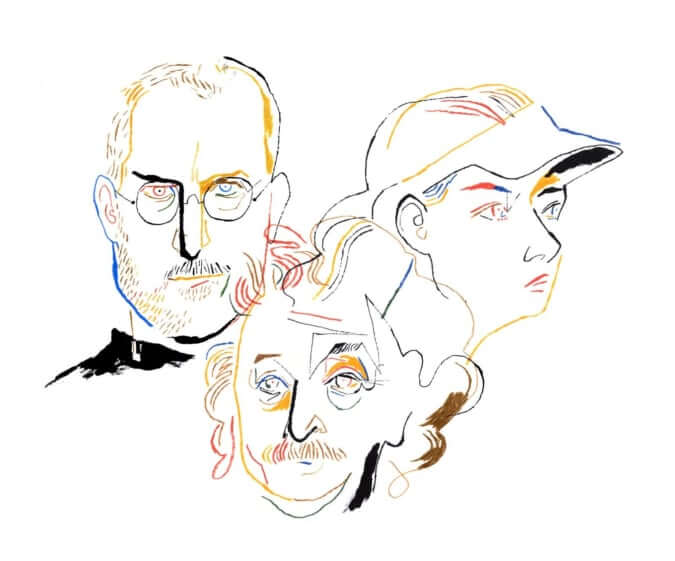‘Kokoro’, Harmony Between the Heart and Mind
Meaning ‘heart’, ‘mind’ and ‘essence’ alternately, this Japanese term bears a philosophical dimension unique to the country.

© Japan House
Shinzou, ha-to, kokoro… In Japanese, these three words refer to the heart, whether the physical organ or the feeling of love. However, the latter term also comprises the notion of the mind.
Its ideogram appears in the construction of Japanese words like ‘psychology’ and ‘anxiety’. ‘Kokoro has three basic meanings: the heart and its functions; the mind and its functions; and the centre, or essence’, states Shohaku Okumura, a Soto Zen priest.
An untranslatable expression
To the Japanese, the heart and mind prove to be intrinsically linked in the definition of kokoro. Historically, it derives from the terms kogori, kogoru and koru which signify a place where something doesn’t move, or the act of standing still in itself. This ‘something’ therefore represents the soul, sentiments and thought.
In Western languages, its translation is limited to one word, ‘mind’. ‘Kokoro is well understood in Japanese, but difficult to explain in English’, Sakiko Yoshikawa, director of Kyoto University’s Kokoro Research Centre, explained to Quartz.
Depending on its use, kokoro can be interpreted in several ways. For example, ‘your kokoro is weak’ would refer to mental strength, while the expression ‘put your kokoro into something’ would relate more to feelings.
TRENDING
-
Hiroshi Nagai's Sun-Drenched Pop Paintings, an Ode to California
Through his colourful pieces, the painter transports viewers to the west coast of America as it was in the 1950s.

-
A Craft Practice Rooted in Okinawa’s Nature and Everyday Landscapes
Ai and Hiroyuki Tokeshi work with Okinawan wood, an exacting material, drawing on a local tradition of woodworking and lacquerware.

-
The Tattoos that Marked the Criminals of the Edo Period
Traditional tattoos were strong signifiers; murderers had head tattoos, while theft might result in an arm tattoo.

-
David Bowie Dressed by Kansai Yamamoto
The English singer was strongly influenced by 'kabuki' theatre and charged the Japanese designer with creating his costumes in the 1970s.

-
‘Seeing People My Age or Younger Succeed Makes Me Uneasy’
In ‘A Non-Conformist’s Guide to Surviving Society’, author Satoshi Ogawa shares his strategies for navigating everyday life.





